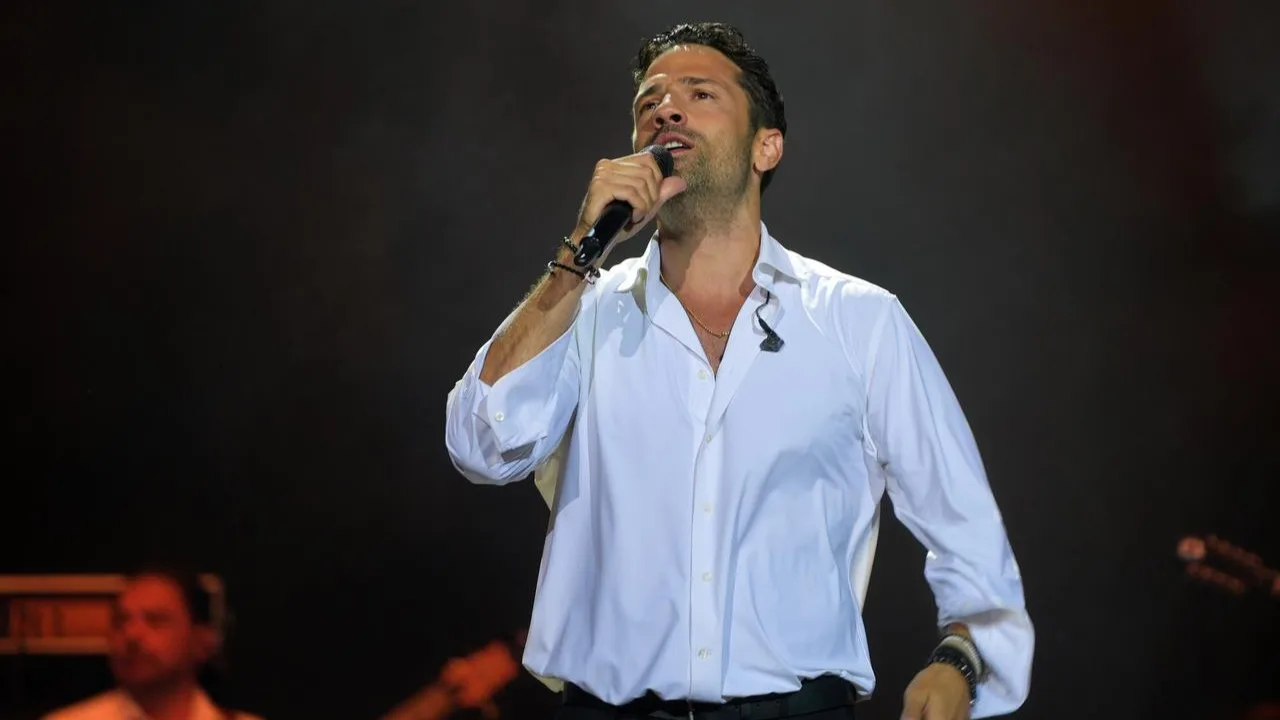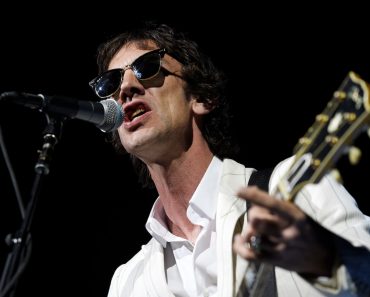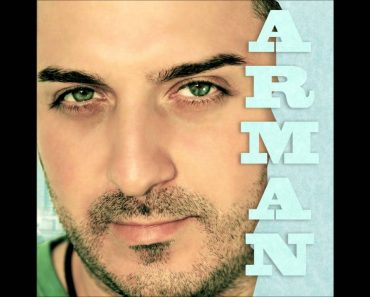Cultural diplomacy, and particularly the use of music as an instrument of soft power, has long served as a strategic tool for states seeking to shape international perception. Events like the Eurovision Song Contest—whose global resonance extends well beyond Europe’s political and geographic boundaries—have frequently acted as platforms for such efforts.
Greece has not remained on the sidelines of this cultural arena. In 1974, just months before the first Turkish invasion of Cyprus, the country made its Eurovision debut. The following year, in response to Turkey’s own entry into the contest, Greece withdrew in protest—a clear example of diplomatic signaling through cultural disengagement.
In 1976, Greece returned to the competition with folk singer Mariza Koch performing “Panagia mou” (“Oh, Virgin Mary”)—a mournful dirge inspired by the forced displacement of Greek Cypriots. The song was more than a musical entry; it was a poignant act of musical protest, bringing the human cost of the conflict to the international stage and attempting to internationalize the Cyprus issue.
This week, nearly five decades later, the Republic of Cyprus announced it would award Koch the Medal of Outstanding Contribution, honoring both her artistic and political courage. According to the Cypriot government’s official statement, the singer is being recognized for her bold effort to bring global attention to the Cyprus problem, even in the face of threats from the Turkish side.
The press release references reports that Turkish authorities had allegedly threatened to station a sniper at the Eurovision venue in The Hague in 1976. Koch, however, defied the threats and performed regardless.
The medal will be officially presented on July 20, 2025, in Nicosia, during memorial events marking the anniversary of the Turkish invasion. A private meeting between Koch and the President of the Republic is also scheduled to take place at the Presidential Palace.
In a recent interview with AlphaNewsLive, Koch spoke candidly about the honor and the emotions it stirred:
“It was deeply moving. I didn’t expect it. And I can’t really put into words how emotional it made me feel. Just hearing the word ‘Cyprus’ sends a jolt of electricity through me—it’s that strong. My connection with Cyprus runs deep. This is a great honor for me, and in many ways, it feels like the crowning moment of my entire journey.”
She also recalled the urgency under which the song was composed, sharing this story:
“When Hadjidakis asked me to write a lament for the refugees of our Cyprus… he called me at 10 p.m. and said, ‘By 10 a.m. tomorrow, you’ll bring me a song. It will go to Eurovision, and it has to be our lament for Cyprus.’ And that’s exactly what happened.”
Koch’s participation, however, was not without tension. According to her, Turkish authorities mobilized against her performance in the days leading up to the contest:
“I was informed there had been a large-scale mobilization across Europe, organized by the Turkish side, and that 60,000 Turks had gathered outside the theater where the Eurovision final was being held.”
“During the show in The Hague, just before I was about to go on stage, security officials came backstage and tried to pull me back, half a meter from the stage, because they’d received a phone call warning about a sniper. But I slipped away and ran out onto the stage. Nothing could stop me.”
Asked whether she had second thoughts about performing that night, Koch replied without hesitation:
“No. Only at one point while I was singing did I briefly think about my child. Nothing else.”
Stay tuned to Eurovisionfun for the latest updates on the Eurovision Song Contest and its stories beyond the music.
Source: AlphaNewsLive







